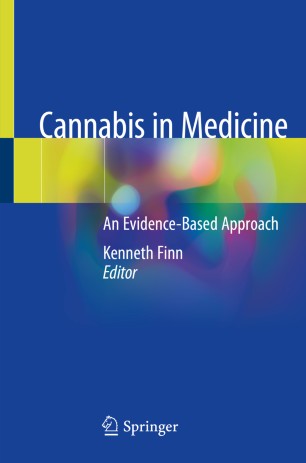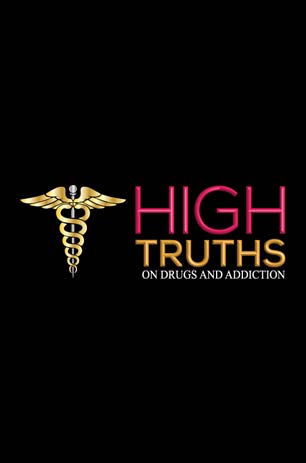FDA Warns Consumers About the Accidental Ingestion by Children of Food Products Containing THC
Some manufacturers are packaging and labeling edible products containing THC to look like popular brands of commonly consumed foods, such as breakfast cereal, candy, and cookies. These products appeal to children and may be easily mistaken for popular, well-recognized foods. The FDA is aware of multiple media reports describing children and adults who accidentally consumed


